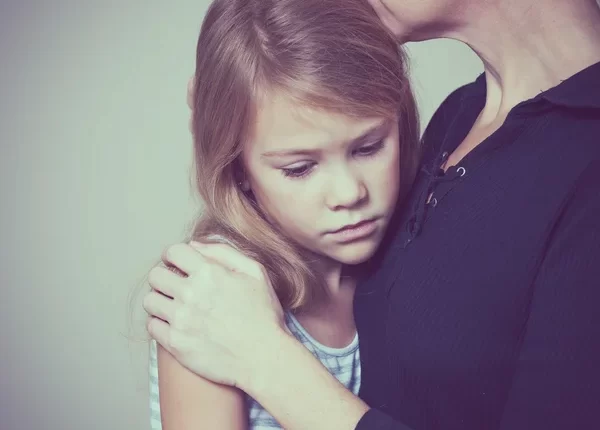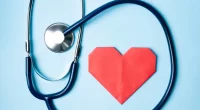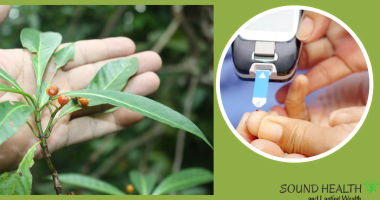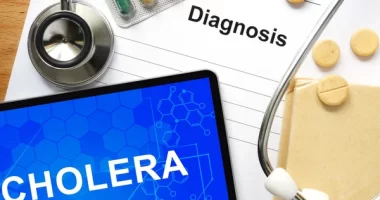Cognitive Behavioral Therapy (CBT) Reshapes Young Brains with Anxiety – A recent study has shown that cognitive behavioral therapy (CBT) can lead to significant changes in the brains of children with anxiety. The study, conducted on 69 unmedicated children with anxiety disorders, found that after 12 weeks of CBT, there was a clinically significant decrease in anxiety symptoms and improved brain activity. The researchers observed elevated activity in deeper limbic areas like the amygdala, which are essential for generating strong emotions, such as anxiety and fear. Following CBT treatment, the children showed a decrease in anxiety symptoms and improved brain activity in various regions. The study provides evidence of the effectiveness of CBT in treating anxiety in children and offers insights into how CBT works, which is crucial for improving clinical outcomes.
The concept of rewiring the anxious brain using CBT is also discussed in the book “Rewire Your Anxious Brain for Teens,” which draws on powerful cognitive behavioral therapy (CBT), neuroscience, mindfulness, and acceptance commitment therapy (ACT) to provide practical tools and tips for managing anxiety.
Furthermore, CBT is known to leverage the neuroplasticity of the brain, allowing individuals to leave behind negative or unhelpful thinking patterns. This neuroplasticity enables the brain to change throughout life, making it possible to retrain the brain and alleviate anxiety through CBT.
Common symptoms of anxiety in children
Anxiety in children can manifest in various ways, and some common symptoms include:
- Emotional symptoms: feeling worried, nervous, or afraid, crying, having emotional outbursts, being irritable, or having negative thoughts.
- Physical symptoms: stomachaches, headaches, nausea, vomiting, shortness of breath, trembling, sweating, racing heart, feeling shaky, jittery, or lightheaded, or having trouble sleeping.
- Behavioral symptoms: avoiding situations or activities, being clingy, missing school, refusing to talk or do things, or having trouble concentrating.
It’s important to note that some of these symptoms can also be caused by other conditions, so it’s essential to get a careful evaluation to get the best diagnosis and treatment[1].
What are some coping mechanisms for children with anxiety
Some coping mechanisms for children with anxiety include:
Relaxation Strategies: Practice techniques such as deep breathing, progressive muscle relaxation, or visualization to help manage anxiety.
Cognitive Techniques: Teach children to challenge and reframe anxious thoughts. This can include creating specific scripts to target certain triggers and using thought-stopping techniques to interrupt the anxious thought cycle.
Physical Activity: Engage in regular physical activity, as exercise can help clear the mind and lower stress levels. Encouraging children to participate in physical activities, especially before anxiety triggers, can be beneficial.
Mindfulness and Meditation: Introduce mindfulness and meditation practices to help children learn to manage their emotional responses and reduce anxiety.
Use of Visuals: Visual aids and cue cards can be helpful for children to manage their anxiety, as they are easier to process when feeling stressed and anxious.
Seek Professional Help: If a child’s anxiety is severe or persistent, it’s important to seek a professional assessment and behavioral interventions from a licensed mental health professional.
It’s essential to remember that coping mechanisms may vary for each child, and it’s important to find the strategies that work best for the individual.
ALSO READ: New moms with autistic traits may face higher risks of preterm birth, study finds








